General election 2024: who’s in the Labour cabinet?
A new Labour cabinet has been appointed by Keir Starmer after his party won the general election. Here’s the latest on who’s in it

Ruth Emery
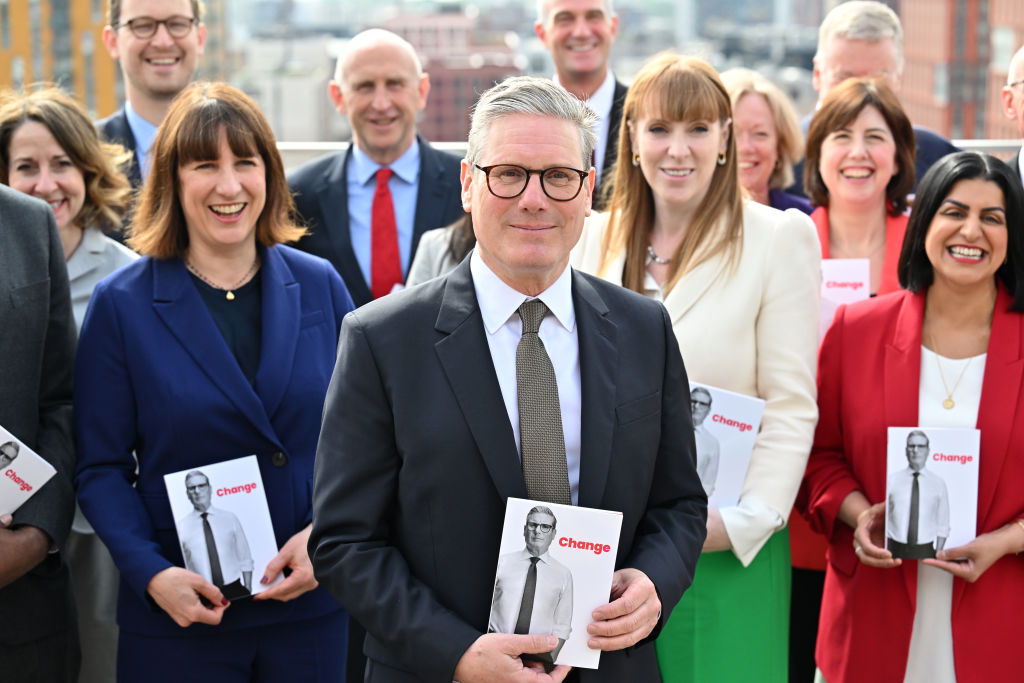
Get the latest financial news, insights and expert analysis from our award-winning MoneyWeek team, to help you understand what really matters when it comes to your finances.
You are now subscribed
Your newsletter sign-up was successful
Want to add more newsletters?
Labour stormed to a landslide victory at the 2024 general election last week.
On the steps of 10 Downing Street, Keir Starmer, the new Prime Minister, told the nation that his premiership would be “country first, party second”, and promised to lead a “government of service”. Markets have so far responded positively to the new administration.
We already have an idea about what a Labour government will mean for our money thanks to its manifesto. The electorate will not know its concrete plans and how it will fund them until the King’s Speech and Labour’s first Budget.
Try 6 free issues of MoneyWeek today
Get unparalleled financial insight, analysis and expert opinion you can profit from.

Sign up to Money Morning
Don't miss the latest investment and personal finances news, market analysis, plus money-saving tips with our free twice-daily newsletter
Don't miss the latest investment and personal finances news, market analysis, plus money-saving tips with our free twice-daily newsletter
But who will be enacting Labour’s policies on Starmer’s behalf? Here’s a round-up of who is in the new cabinet.
Who’s in the Labour cabinet?
While the PM already had a shadow cabinet in place during his time in opposition, some members of his top team lost their seats and will therefore need to be replaced. Most prominent among these were former shadow paymaster general Jon Ashworth, and ex-shadow culture secretary Thangam Debbonaire.
We’ve outlined who the key members of the government are when it comes to your personal finances.
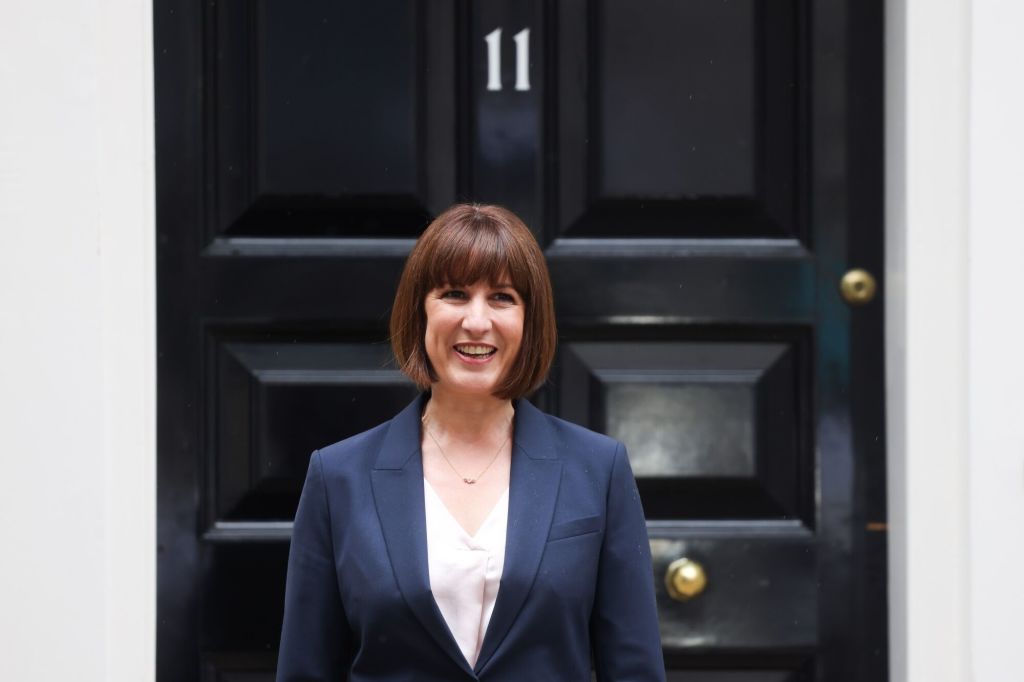
Rachel Reeves becomes the UK's first ever female Chancellor of the Exchequer
Rachel Reeves
Rachel Reeves has been appointed as the Chancellor of the Exchequer - a role she was always certain to get given the market sensitivity around the government post.
Becoming the first woman ever to head up the Treasury, the new Chancellor will only have a brief moment to savour her new job before the hard work begins. Assuming the new administration will want to deliver a Budget as soon as possible, she will have only weeks to prepare to deliver the key fiscal event.
Reeves has said she will announce the date of the Budget later this month (July) - it's widely expected to take place in September or October.
The Leeds West and Pudsey MP, a former Bank of England and HBOS economist, will have to make tough decisions given Labour has said it will follow Jeremy Hunt’s tight fiscal rules. According to the respected Institute for Fiscal Studies (IFS) think tank, these rules will mean real-terms spending cuts will hit public services that aren’t ring-fenced.
Reeves will also have to decide what to prioritise out of Labour’s tax agenda. Key measures in its manifesto included reform of inheritance tax and ending the tax break on private school fees. There is also the great manifesto unmentionable of income tax fiscal drag, which means the tax will rise for millions of workers as wages grow.
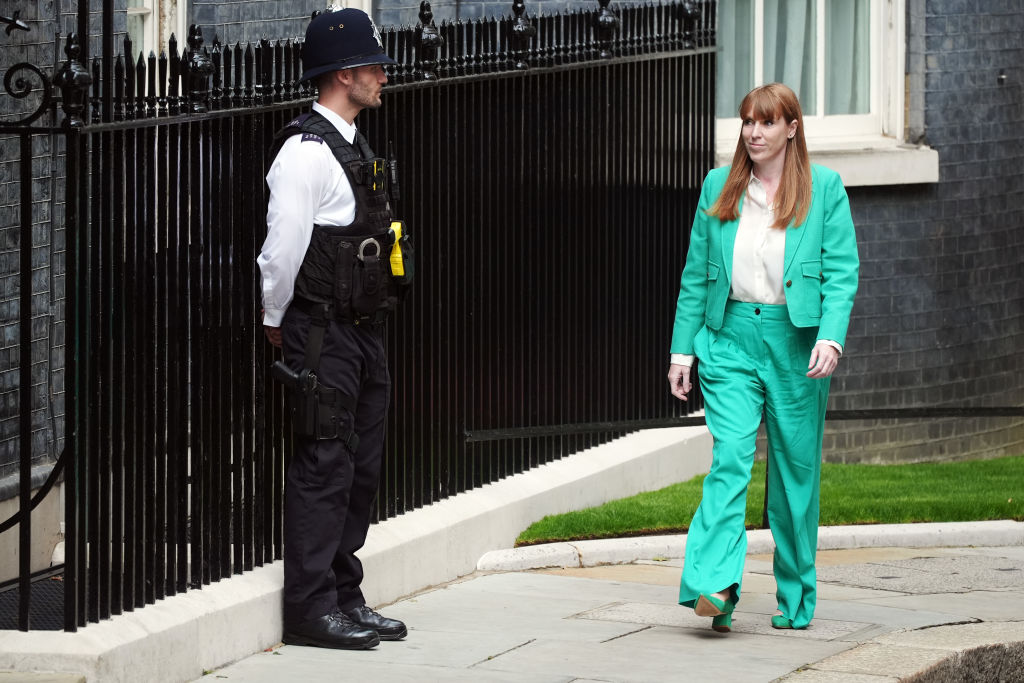
Angela Rayner will lead the government's housing agenda
Angela Rayner
The Labour deputy leader has become the deputy Prime Minister and secretary of state for housing, communities and local government. Her role will put her at the heart of implementing Labour’s Freedom to Buy pledge, reforming house building and changing the buy-to-let market.
Key bits of legislation that will be in her departmental in-tray include resurrecting the Renters (Reform) Bill, and beefing up the leasehold reforms that were watered down at the end of the last Parliament.
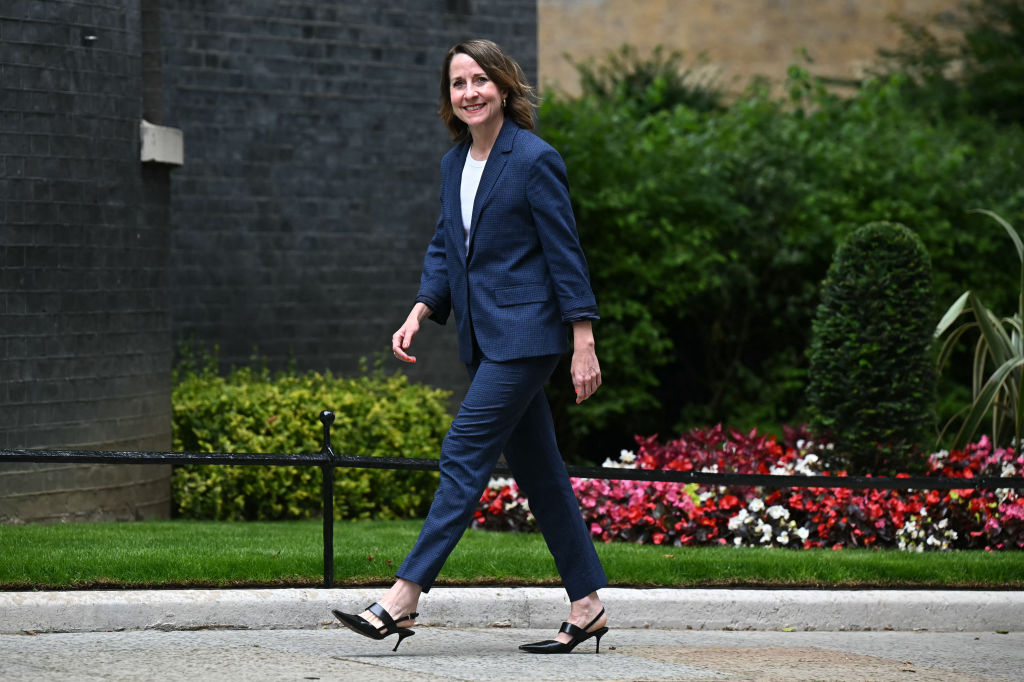
Liz Kendall is the new DWP secretary
Liz Kendall
Liz Kendall has been put in charge of the work and pensions brief. The first thing she's likely to do in the role is to commit to the triple lock on state pensions - one of the first cast-iron commitments Labour made on the campaign trail.
However, with the state pension now rising to a level that means pensioners could face an income tax bill over the coming years - and warnings that the triple lock is unsustainable - Kendall faces some key decisions in the months ahead.
Within the Department for Work and Pensions (DWP), there have been a number of minister appointments, such as Stephen Timms and Alison McGovern.
Emma Reynolds
Emma Reynolds, the MP for Wycombe, has been appointed as pensions minister.
Her role straddles the Treasury and the DWP, raising hopes that future pension policy will be more “joined up”.
Former pensions minister Steve Webb, who is a partner at the consultancy LCP, comments: "In the past, the two departments have not always been ‘joined up’ when it comes to pensions policy, with Treasury changes to pension tax relief sometimes undermining DWP efforts to boost pension saving. With a combined appointment there is the opportunity for decisions on pensions to take full account of the whole pensions landscape.
"One risk however is that the Treasury desire to see pension assets used to promote economic growth at a macro level could mean that the individual member perspective gets less attention than it should. This is something that the new minister will have to guard against."
Reynolds will have a busy in-tray as she takes up the post. It's likely to include planning the pensions dashboard, deciding on Waspi compensation and extending automatic enrolment - as well as launching a pension review, as outlined in the Labour manifesto.
Other Labour cabinet members
We’ve listed who the other members of the cabinet are, plus ministerial appointments relating to finance. Here’s who we know about so far:
- Foreign Secretary: David Lammy
- Home Secretary: Yvette Cooper
- Defence Secretary: John Healey
- Health Secretary: Wes Streeting
- Energy Secretary: Ed Miliband
- Education Secretary: Bridget Phillipson
- Justice Secretary: Shabana Mahmood
- Chancellor of the Duchy of Lancaster: Pat McFadden
- Financial Secretary to the Treasury: Lord Livermore
- Chief Secretary to the Treasury: Darren Jones
- Economic Secretary to the Treasury: Tulip Siddiq
- Parliamentary Secretary to the Treasury (Chief Whip): Sir Alan Campbell
Get the latest financial news, insights and expert analysis from our award-winning MoneyWeek team, to help you understand what really matters when it comes to your finances.
- Ruth EmeryContributing editor
-
 Financial education: how to teach children about money
Financial education: how to teach children about moneyFinancial education was added to the national curriculum more than a decade ago, but it doesn’t seem to have done much good. It’s time to take back control
-
 Investing in Taiwan: profit from the rise of Asia’s Silicon Valley
Investing in Taiwan: profit from the rise of Asia’s Silicon ValleyTaiwan has become a technology manufacturing powerhouse. Smart investors should buy in now, says Matthew Partridge
-
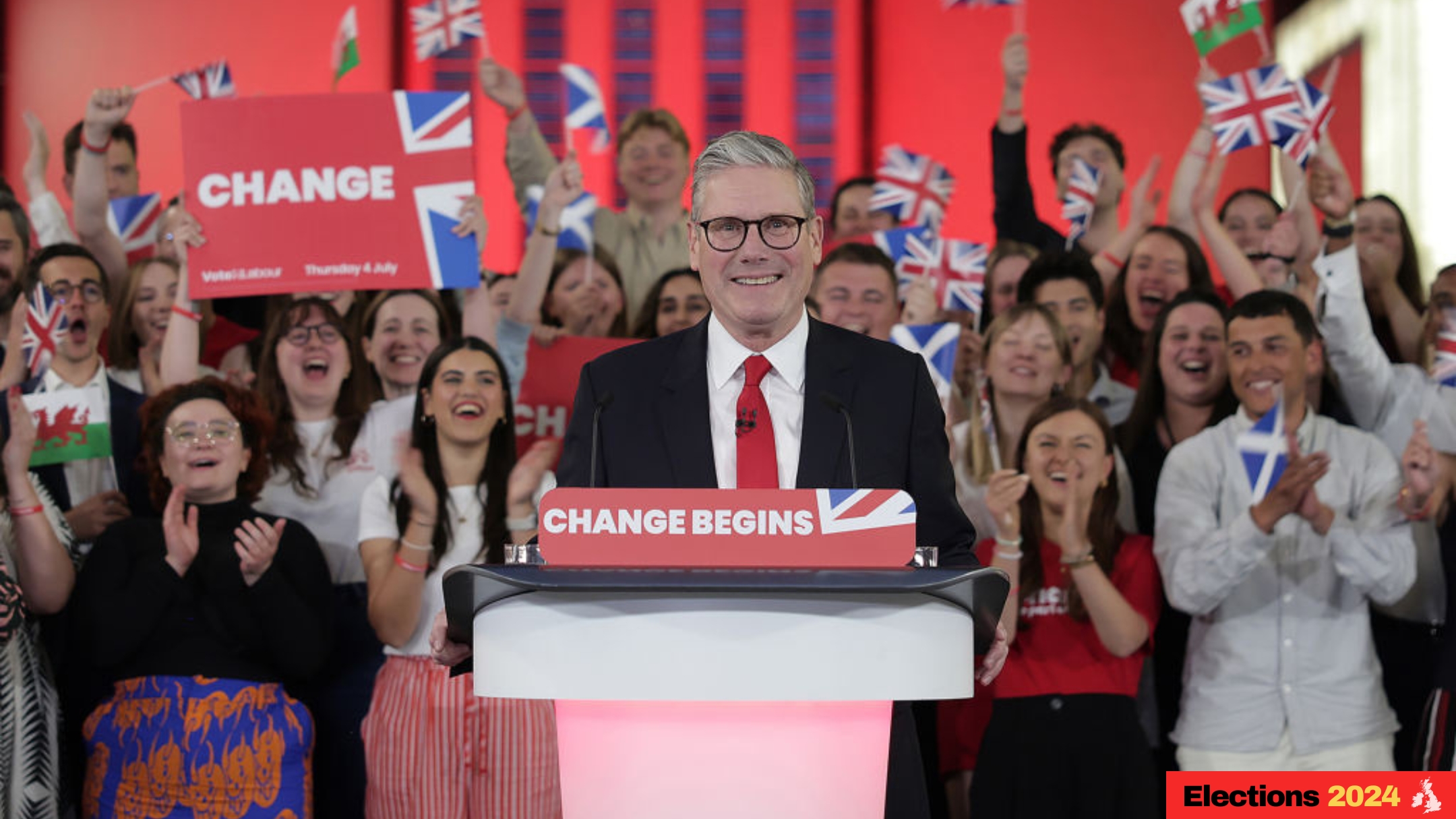 What does the Labour election win mean for your money? Key manifesto points after landslide
What does the Labour election win mean for your money? Key manifesto points after landslideNews The Labour election win was not as large as some polls had predicted. But the new government’s majority will mean it can enact significant changes.
-
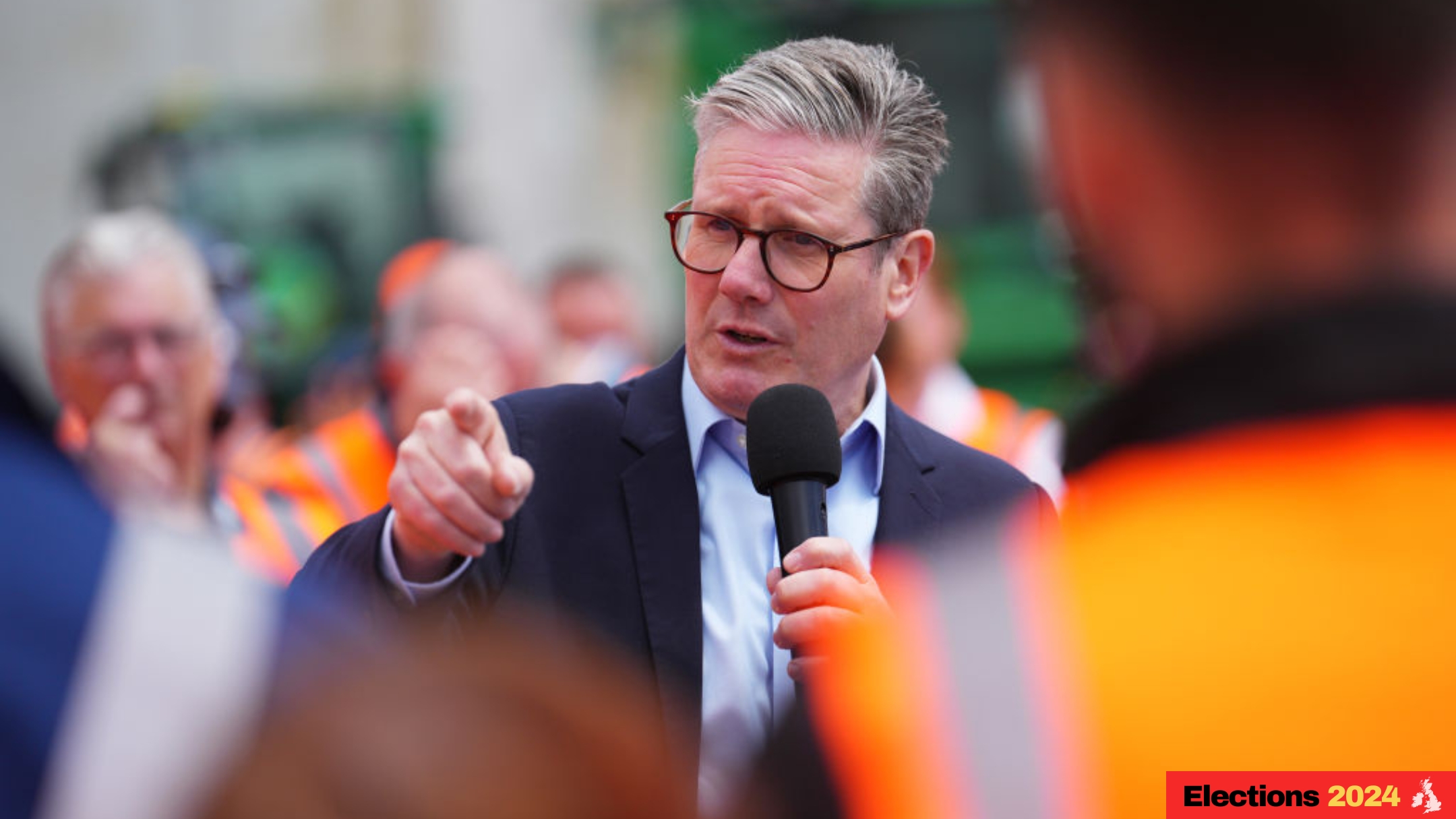 What would a Labour supermajority mean for capital markets?
What would a Labour supermajority mean for capital markets?The Conservative Party has warned that a Labour supermajority would be bad for democracy. But what impact could a big win for Keir Starmer have on the markets?
-
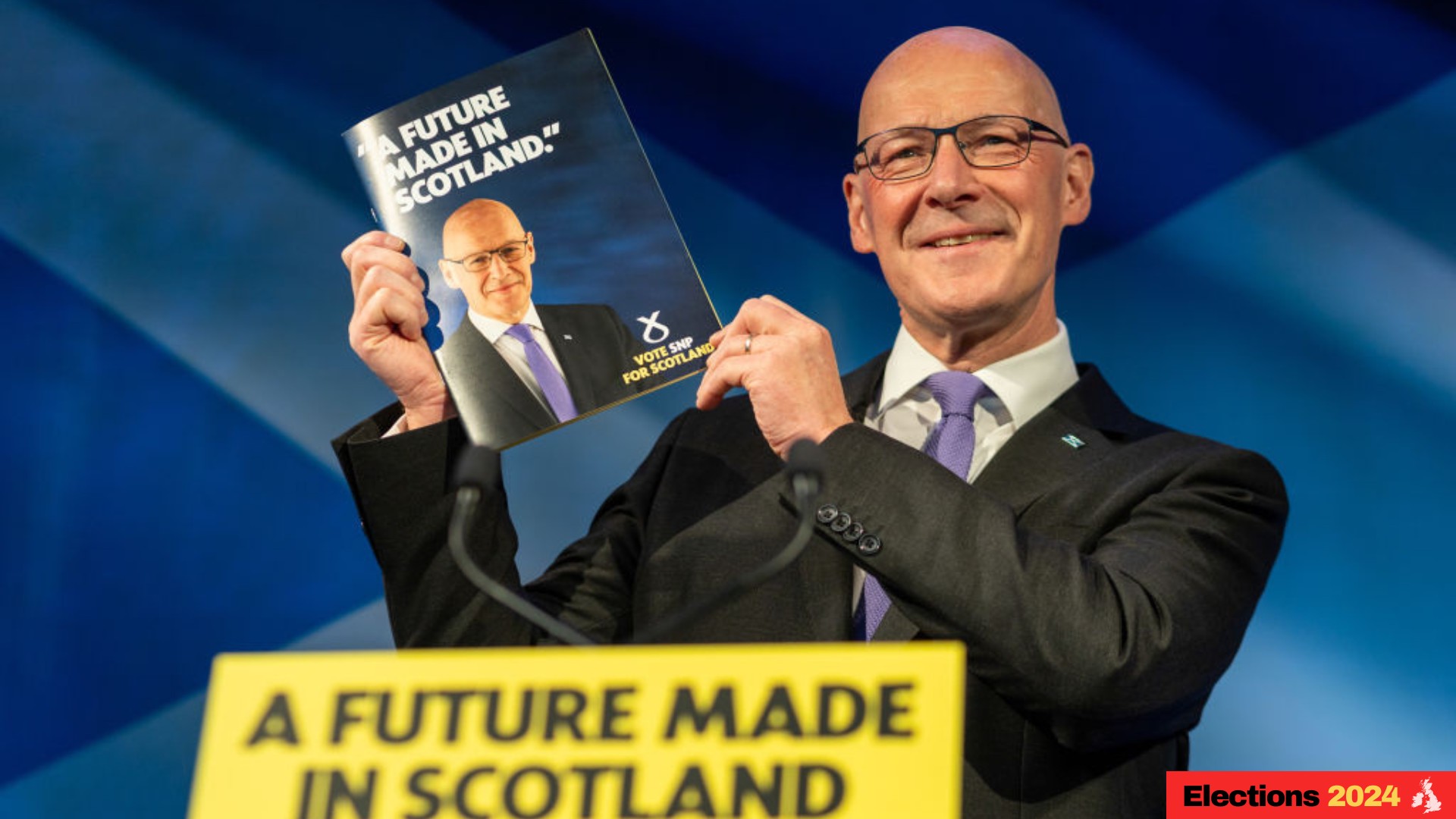 SNP manifesto 2024: what money policies did John Swinney announce?
SNP manifesto 2024: what money policies did John Swinney announce?The SNP manifesto has been launched in Scotland, and makes several key commitments, including a pledge to end austerity and a commitment to rejoin the EU.
-
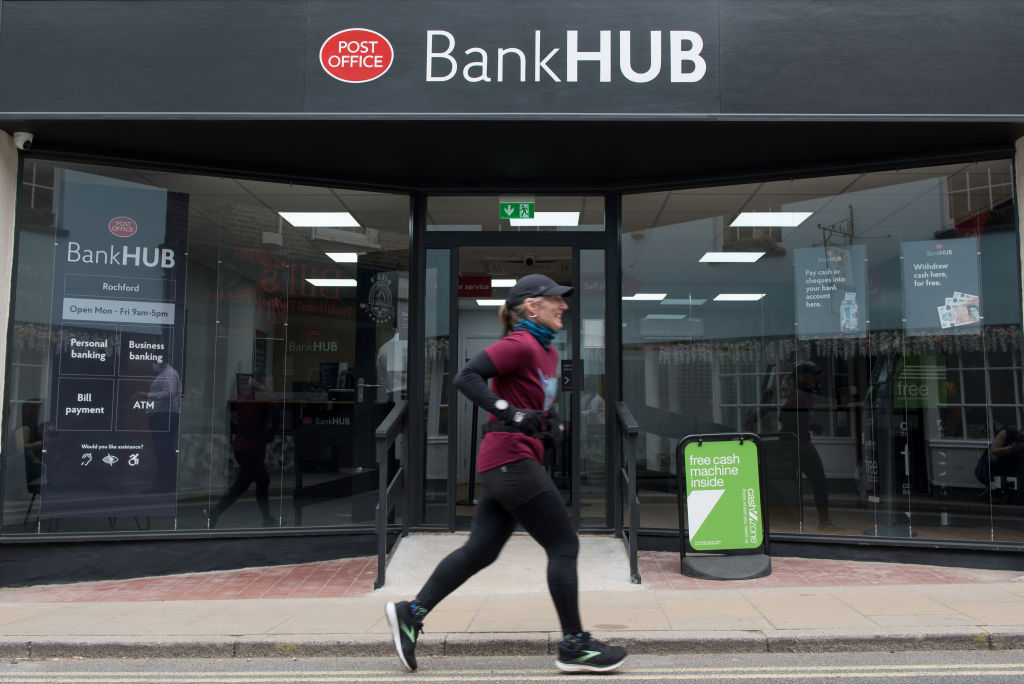 Labour pledges to open 'at least' 350 banking hubs over next Parliament
Labour pledges to open 'at least' 350 banking hubs over next ParliamentNews The Labour Party claims it will ‘bring banking back to the high street’ if it forms the next government after the 2024 general election.
-
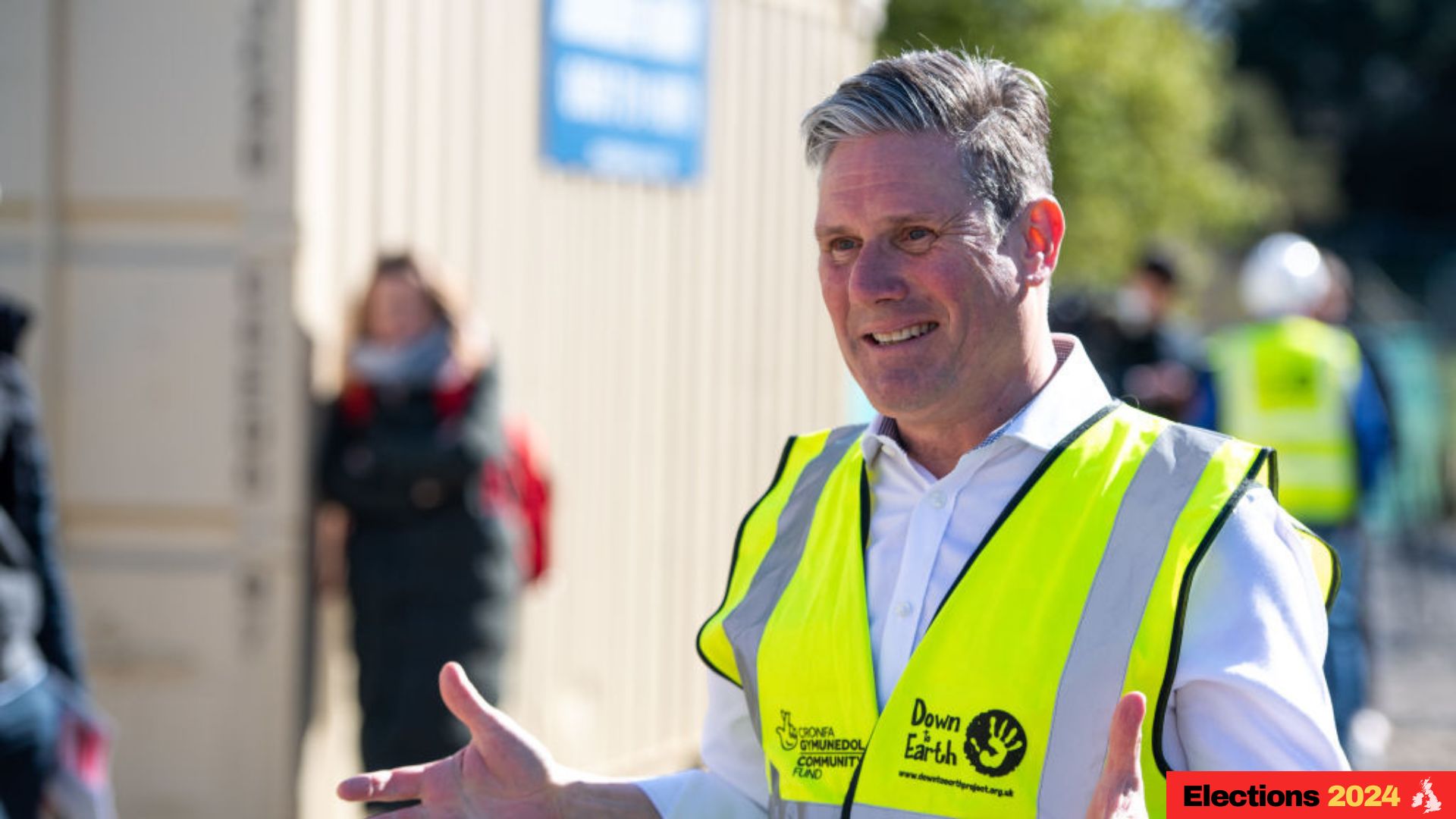 What does the Labour manifesto say about property? Key 2024 general election pledges
What does the Labour manifesto say about property? Key 2024 general election pledgesNews The Labour manifesto has made several promises around rental reforms, the leasehold system and housing market support. Here’s what a Keir Starmer government means for property.
-
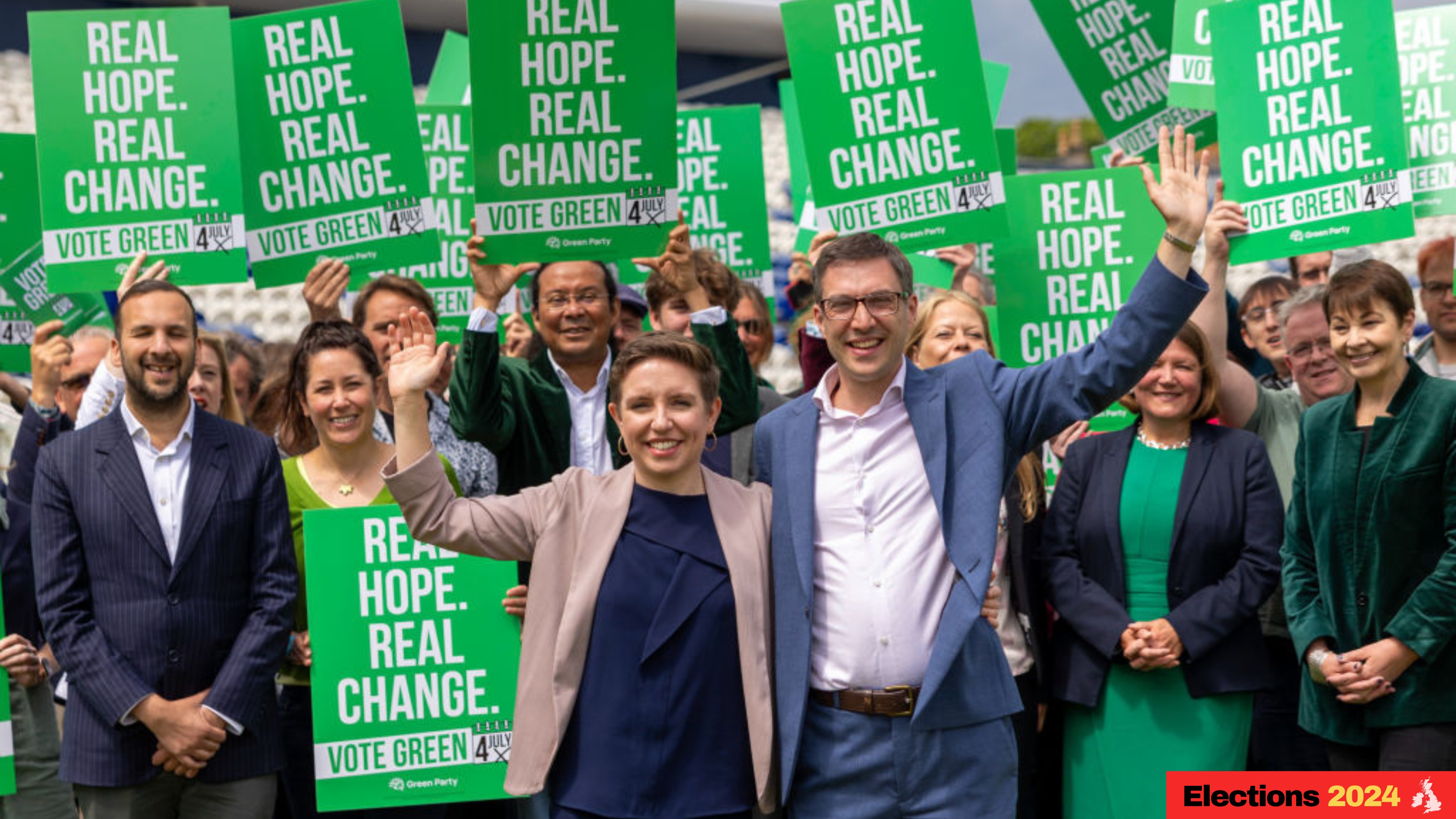 Green Party manifesto 2024: key personal finance general election policies
Green Party manifesto 2024: key personal finance general election policiesA Green Party government would introduce a wealth tax, increase National Insurance Contributions for high earners, and move towards a universal basic income.
-
 Conservatives pledge to raise high income child benefit threshold – how much could you save?
Conservatives pledge to raise high income child benefit threshold – how much could you save?News The high income child benefit charge threshold could be doubled to £120,000 if the Conservative Party wins the general election, Chancellor Jeremy Hunt has pledged.
-
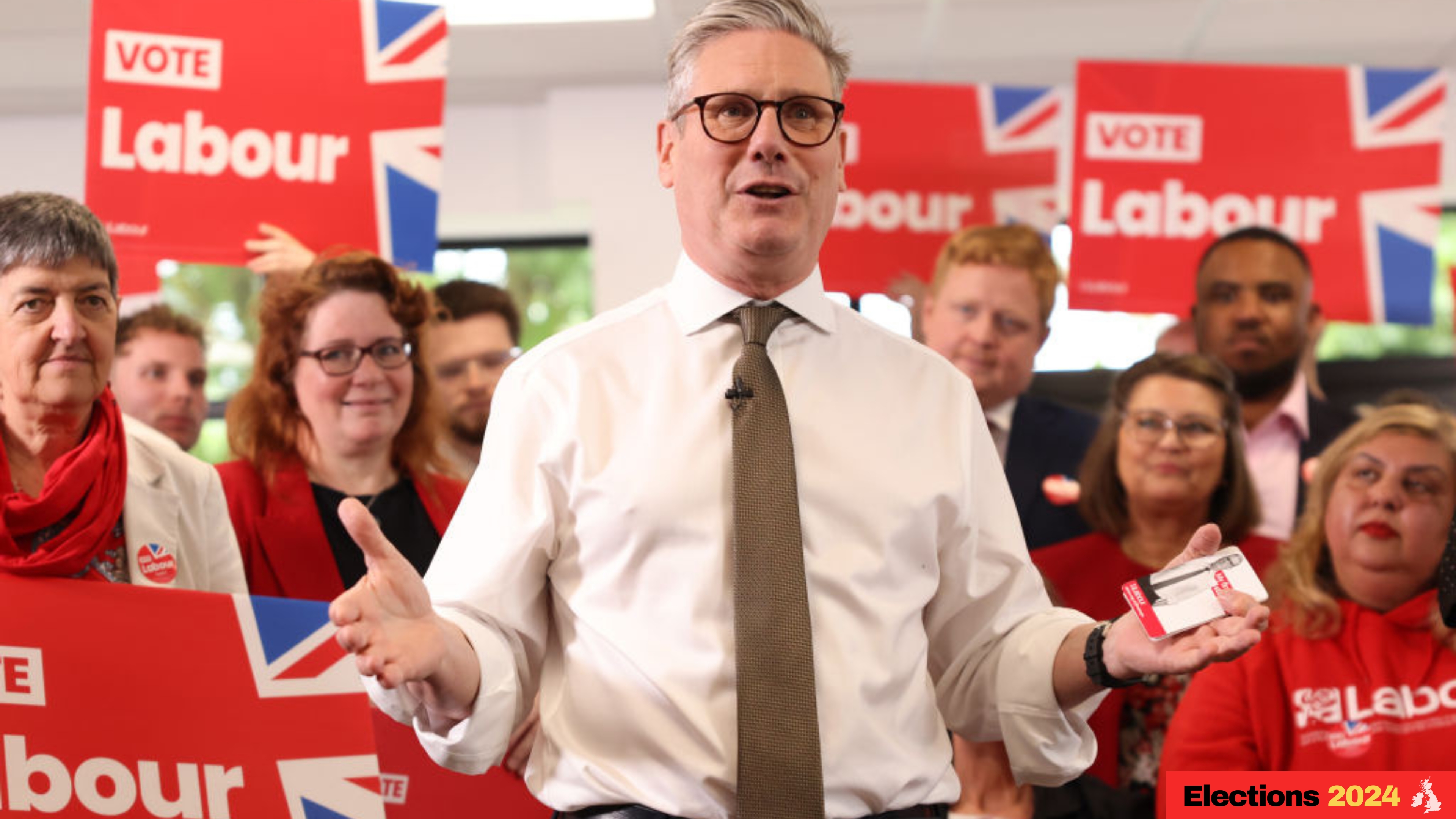 Labour unveils 'Freedom to Buy' pledge to get young people on housing ladder
Labour unveils 'Freedom to Buy' pledge to get young people on housing ladderNews Freedom to Buy will get 80,000 young people onto the housing ladder by the next general election, Keir Starmer's party has claimed
